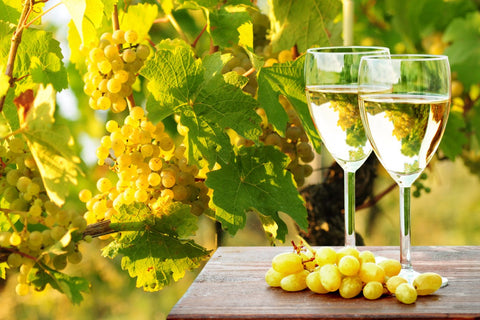Organic wine has a rich history that spans thousands of years, from ancient times to modern-day practices. In this blog, we will explore the history of organic wine, how it has evolved over time, and the modern practices that have helped to shape the industry.

Ancient Times
The origins of organic wine can be traced back to ancient civilizations. In ancient Greece, wine was considered a gift from the gods and was used in religious ceremonies. The Greeks believed that the quality of the wine was directly related to the quality of the soil and the grapes. They also believed in using natural farming practices, such as using animal manure as fertilizer. In ancient Rome, wine was a status symbol, and the Romans were known for their advanced agricultural techniques. They used techniques such as crop rotation, which allowed the soil to rest and regenerate, and natural pest control methods, such as companion planting.
Medieval Times
During the Middle Ages, wine became a major industry in Europe. Monasteries played a significant role in the production of wine, and they were known for their natural farming practices. Monks believed in working with nature, rather than against it, and they used techniques such as crop rotation, natural pest control, and composting.
Modern Day Practices
In the 20th century, the use of chemicals in farming became more widespread, and many vineyards began to use synthetic fertilizers, pesticides, and herbicides. However, in the 1970s, a growing awareness of the negative effects of these chemicals led to a resurgence of interest in organic farming practices. Organic wine production is now governed by strict regulations, and vineyards must meet certain standards in order to be certified as organic. These standards include using natural fertilizers, such as compost and manure, and natural pest control methods, such as companion planting and the use of predatory insects. The use of synthetic chemicals is prohibited in organic wine production. In addition to organic farming practices, many vineyards are now using biodynamic farming methods. Biodynamic farming is a holistic approach that involves viewing the vineyard as a self-contained ecosystem. Biodynamic wine farming uses techniques such as crop rotation, composting, and the use of natural preparations made from herbs, minerals, and animal products.
Organic wine has a long and rich history that dates back to ancient civilizations. Throughout history, natural farming practices have been used to produce high-quality wine. In modern times, the use of synthetic chemicals has led to a resurgence of interest in organic and biodynamic farming practices. Today, organic wine production is governed by strict regulations, and many vineyards are using natural farming methods to produce high-quality, sustainable red wine or white wine.



